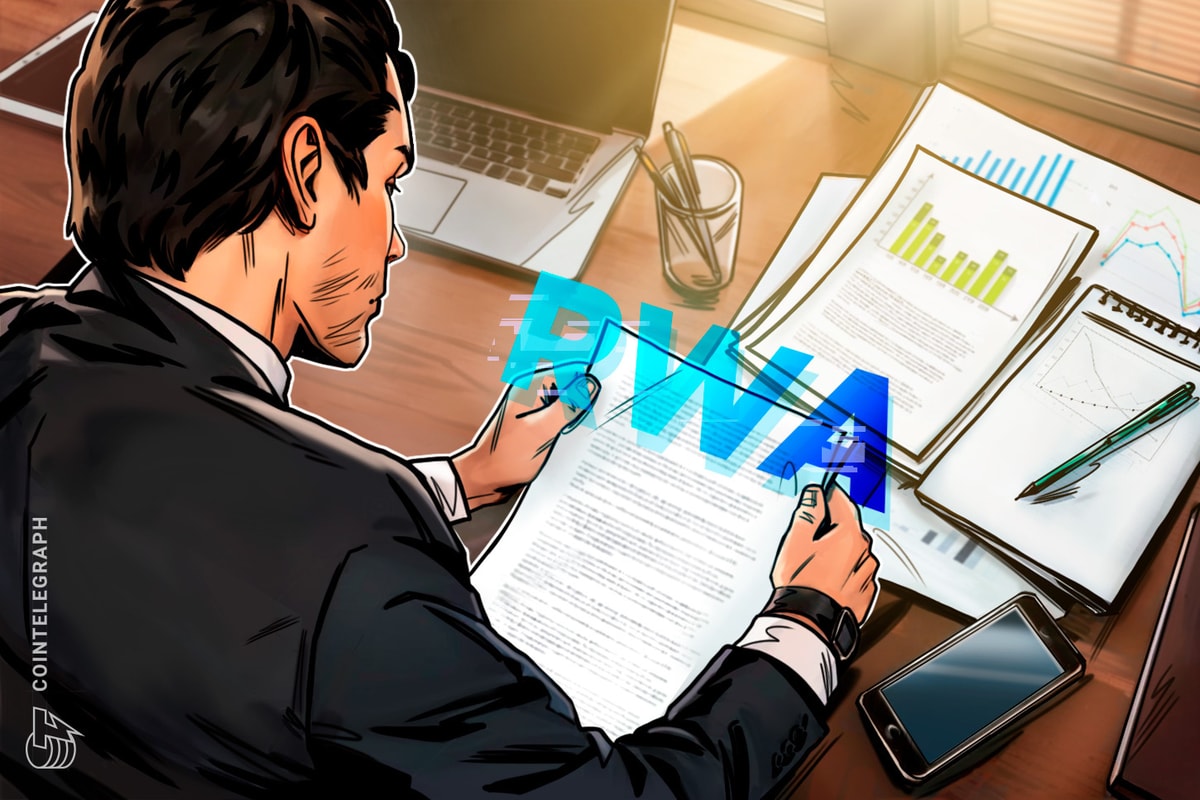Newly updated guidelines from Dubai’s crypto regulator include provisions on real-world asset (RWA) tokenization and clarify rules for issuers.
On May 19, Dubai’s Virtual Asset Regulatory Authority (VARA) released its updated Rulebook for virtual asset service providers (VASPs) operating in the region. The regulator gave market participants until June 19 to comply with the new rules.
The regulator previously told Cointelegraph that it had enhanced supervisory mechanisms and brought consistency across activity-based rules. One of the more prominent changes includes regulatory clarity on RWA tokens.
Irina Heaver, partner at the United Arab Emirates-based law firm NeosLegal, told Cointelegraph that the updated rules clarify RWA issuance and distribution.
“Issuing real-world asset tokens and listing them on secondary markets is no longer theoretical,” Heaver told Cointelegraph. “It’s now a regulatory reality in Dubai and the broader UAE.”
A “viable” path to realize RWA hype
Heaver compared RWAs to security token offerings (STOs), an earlier attempt from the crypto space to tokenize securities like stocks, bonds and real estate investment trusts. However, the UAE crypto lawyer said that STOs “died a peaceful death in 2018 to 2019.”
The lawyer told Cointelegraph STOs did not work out because of the lack of regulatory clarity, viable secondary market trading venues, institutional investor appetite and liquidity.
Still, the situation is different for RWAs. Heaver told Cointelegraph that RWAs are the next foundational layer for institutional adoption of blockchain and virtual assets. Heaver said that VARA’s new rules already cover them as Asset-Referenced Virtual Assets (ARVA) tokens. She said:
“VARA’s newly updated Virtual Asset Issuance Rulebook (May 2025) addresses these failures head-on. Regulated exchanges and broker-dealers in Dubai are now authorized to distribute and list ARVA tokens.”
The lawyer said this solves an issue in jurisdictions like Switzerland, where token issuance is possible, but listing and secondary trading remain unregulated.
Related: Dubai gov’t agencies to link real estate registry with property tokenization
Lawyer shares requirements for RWA issuers
Heaver said ARVA tokens are defined under Dubai law as representing direct or indirect ownership of real-world assets, granting entitlement to receive or share income and purporting to maintain a stable value by reference to real-world assets or income.
ARVA tokens are also backed or collateralised by such real-world assets or constitute a derivative, wrapped, duplicated, or fractionalised version of another ARVA.
The lawyer said issuers must meet specific requirements, including a Category 1 Virtual Asset Issuance license, a comprehensive white paper and a risk disclosure statement.
In addition, issuers must have a paid-up capital of 1.5 million UAE dirhams (about $408,000) or 2% of reserve assets held. The issuers are also subjected to monthly independent audit obligations and must adhere to ongoing supervisory oversight.
“VARA is providing regulatory clarity, and it’s giving the industry a viable, enforceable path to turn the hype of RWA tokenization into reality,” Heaver told Cointelegraph. “This matters because it marks a shift, from theory to execution, from fiction to framework.”
Magazine: Danger signs for Bitcoin as retail abandons it to institutions: Sky Wee
